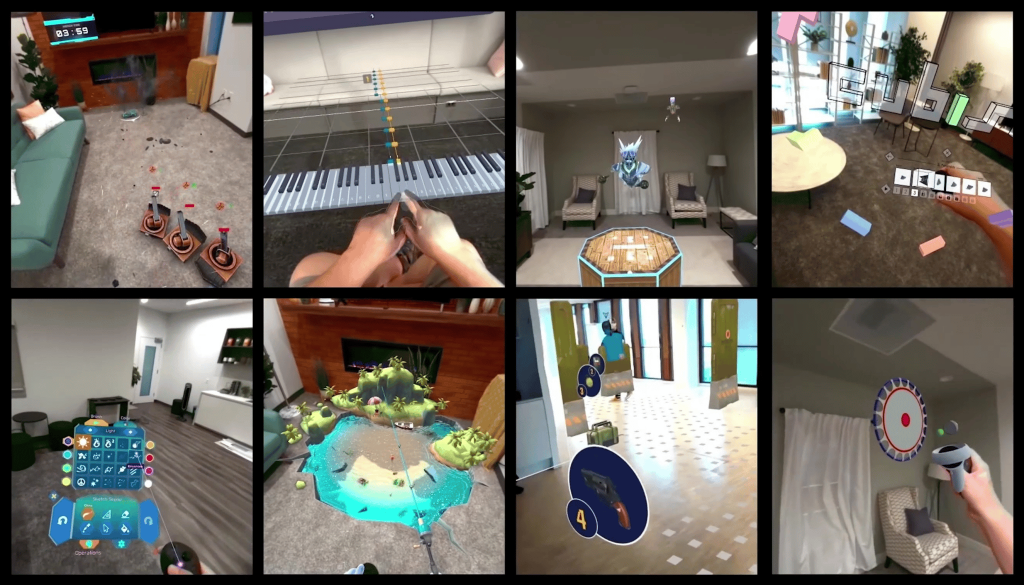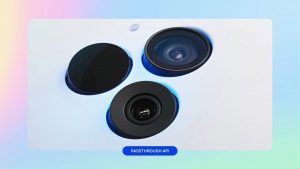Quest 3 Will Have Color Passthrough Mixed Reality, Meta Confirms


Meta effectively confirmed Quest 3 will have color passthrough for mixed reality.
“Later this year, we’re going to launch our next generation consumer headset, which will feature Meta Reality as well,” CEO Mark Zuckerberg told investors in an earnings call earlier today. Given Quest 2 is the current consumer headset, Zuckerberg was almost certainly referring to Quest 3.
Meta Reality is Meta’s name for the color real-world passthrough technology introduced on Quest Pro. On that headset, it uses the two front black & white cameras to generate a sparse 3D point cloud, then reprojects the camera views to match the depth of this point cloud. Finally, color is added on top using the central color camera.
Meta revealed in October that Quest 3 will launch in late 2023. Zuckerberg says it will be “in the price range of $300, $400, or $500, that zone”.
The inclusion of color passthrough may see Quest 3 marketed as much for mixed reality as for virtual reality, like Quest Pro – though at a dramatically lower price point.

In September, apparent schematics of Quest 3 were leaked to YouTuber SadlyItsBradley (Brad Lynch). Unlike Quest Pro, the headset depicted didn’t have either eye or face tracking. It did, however, include pancake lenses to achieve a slimmer design than Quest 2, and a depth sensor for advanced mixed reality. It’s possible though that Meta has multiple prototype candidates for Quest 3, and the headset seen in that leak is just one of them.
Quest 3’s biggest apparent improvement isn’t something you’d see in schematics though. Current mainstream standalone headsets – including Quest 2 and Pico 4 – use the first XR2, retroactively labeled Gen 1 by Qualcomm. XR2 Gen 1 is a variant of the Snapdragon 865 smartphone chip that first shipped in early 2020.
Meta & Qualcomm announced a multi-year partnership last year to build next-generation Snapdragon XR chipsets, and a source of Lynch told him that Quest 3 will use the yet-to-be-announced Snapdragon XR2 Gen 2.
Import logs indicate XR2 Gen 2 is based on the recently released Snapdragon 8 Gen 2. 8 Gen 2’s GPU offers roughly 50% more performance-per-watt and around 150% more peak performance compared to XR2 Gen 1’s. This would enable higher fidelity graphics on a higher resolution display – and perhaps even games that simply wouldn’t be feasible for Quest 2.




